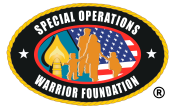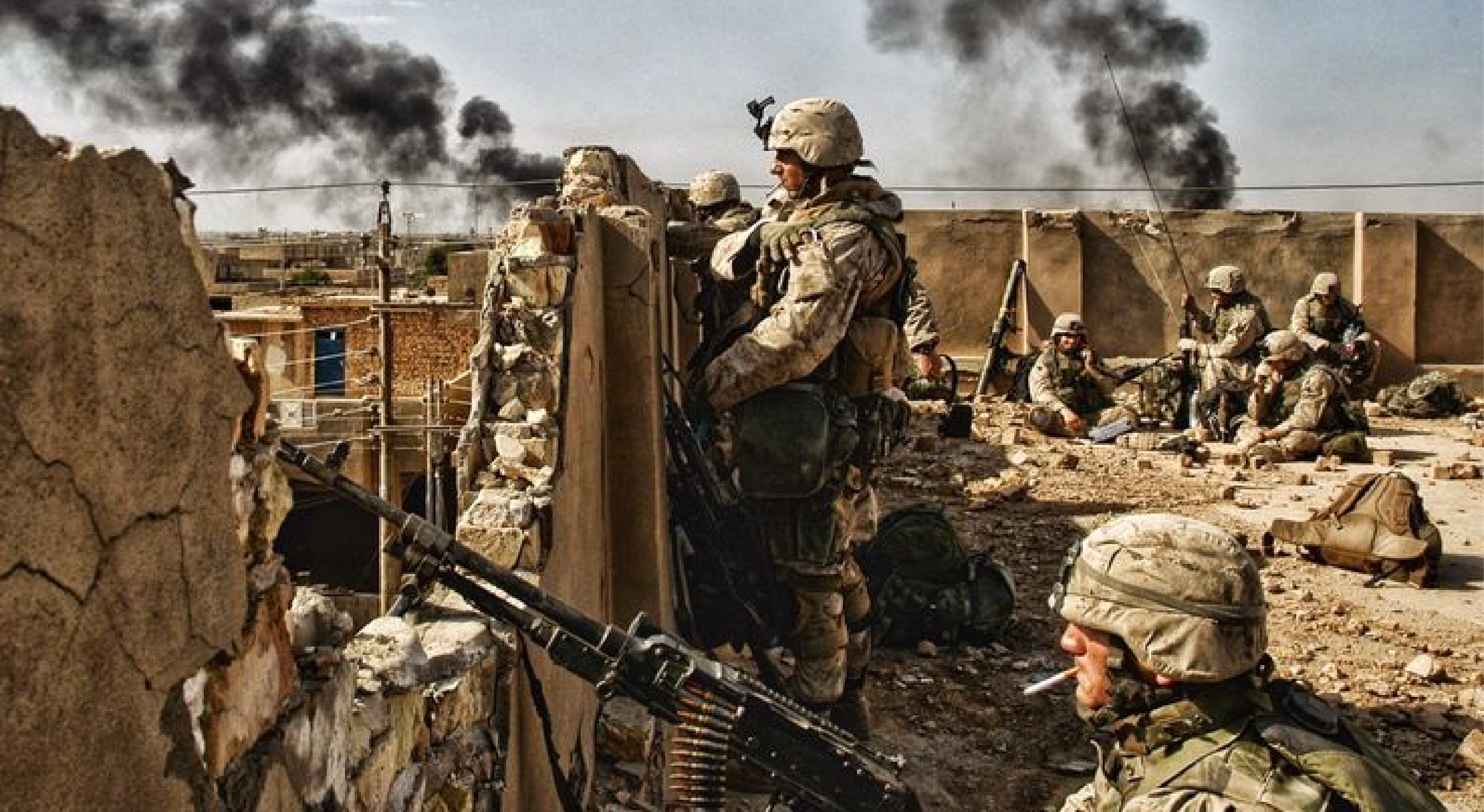Operation Phantom Fury, also known as the Second Battle of Fallujah, remains one of the most intense and strategically significant battles of the Iraq War. This joint American, Iraqi, and British offensive aimed to reclaim the city of Fallujah from insurgent control. From November to December 2004, the battle demonstrated the brutal reality of urban combat. A lesser-known but vital aspect of this operation was the pivotal role played by Special Operations Forces (SOF), whose expertise and bravery were crucial in achieving victory.
Setting the Stage for the Battle
Fallujah, a city west of Baghdad, had become an insurgent stronghold after the 2003 invasion of Iraq. The city’s fierce resistance was symbolized by the ambush and killing of four Blackwater contractors in March 2004, which led to the first, unsuccessful attempt to reclaim the city. The First Battle of Fallujah ended in a ceasefire and insurgent victory, transforming Fallujah into a fortified base for an estimated 3,000 to 4,000 insurgents.
Recognizing Fallujah’s strategic importance, the U.S. military meticulously planned a comprehensive assault. This plan prominently featured special operations forces, whose unique skills were essential in the complex urban environment.
The Role of Special Operations Forces
On November 7, 2004, Operation Phantom Fury began. The operation involved approximately 13,500 U.S. Marines, Army soldiers, and British forces, supported by Iraqi security forces. Special Operations units, including Navy SEALs, Army Rangers, and Marine Force Recon, played a critical role from the outset.
Pre-Assault Operations
Before the main assault, SOF conducted reconnaissance missions to gather vital intelligence on insurgent positions, defenses, and fortifications. Their ability to infiltrate hostile territory undetected allowed for the mapping of key enemy locations and the identification of high-value targets. This intelligence was crucial in planning the subsequent ground assault, ensuring that coalition forces had the upper hand.
Direct Action Missions
During the battle, Special Operations teams executed high-risk direct-action missions to eliminate key insurgent leaders and disrupt their command and control capabilities. These missions often involved night raids on insurgent hideouts and strongholds, leveraging the element of surprise and the advanced combat skills of the operators. The precision and effectiveness of these operations significantly weakened the insurgent resistance and paved the way for the larger ground forces to advance.
Sniper Operations
Special Operations snipers were instrumental in providing overwatch and eliminating insurgent threats from long distances. Positioned strategically throughout the city, these snipers not only protected advancing coalition troops but also targeted insurgent leaders and key operatives, creating chaos and confusion among the enemy ranks. Their ability to neutralize threats from a distance was vital in an environment where every street and building could be a potential danger.
Psychological Operations
In addition to direct combat roles, Special Operations Forces engaged in psychological operations to undermine insurgent morale and encourage civilian cooperation. By broadcasting messages and distributing leaflets, they aimed to demoralize the insurgents and reduce their will to fight, while also informing civilians about safe evacuation routes and the coalition’s intentions.
The Aftermath and Legacy
By December 23, 2004, coalition forces had successfully retaken Fallujah, although sporadic fighting continued. The battle significantly weakened the insurgent presence and disrupted their operations. However, the extensive destruction and high casualty rates underscored the heavy toll of urban warfare.
In reflecting on Operation Phantom Fury, we remember the sacrifices made and the enduring impact of this pivotal moment in the Iraq War. It serves as a stark reminder of the costs of war and the exceptional capabilities of special operations forces who operate in the most challenging conditions to achieve mission success.


